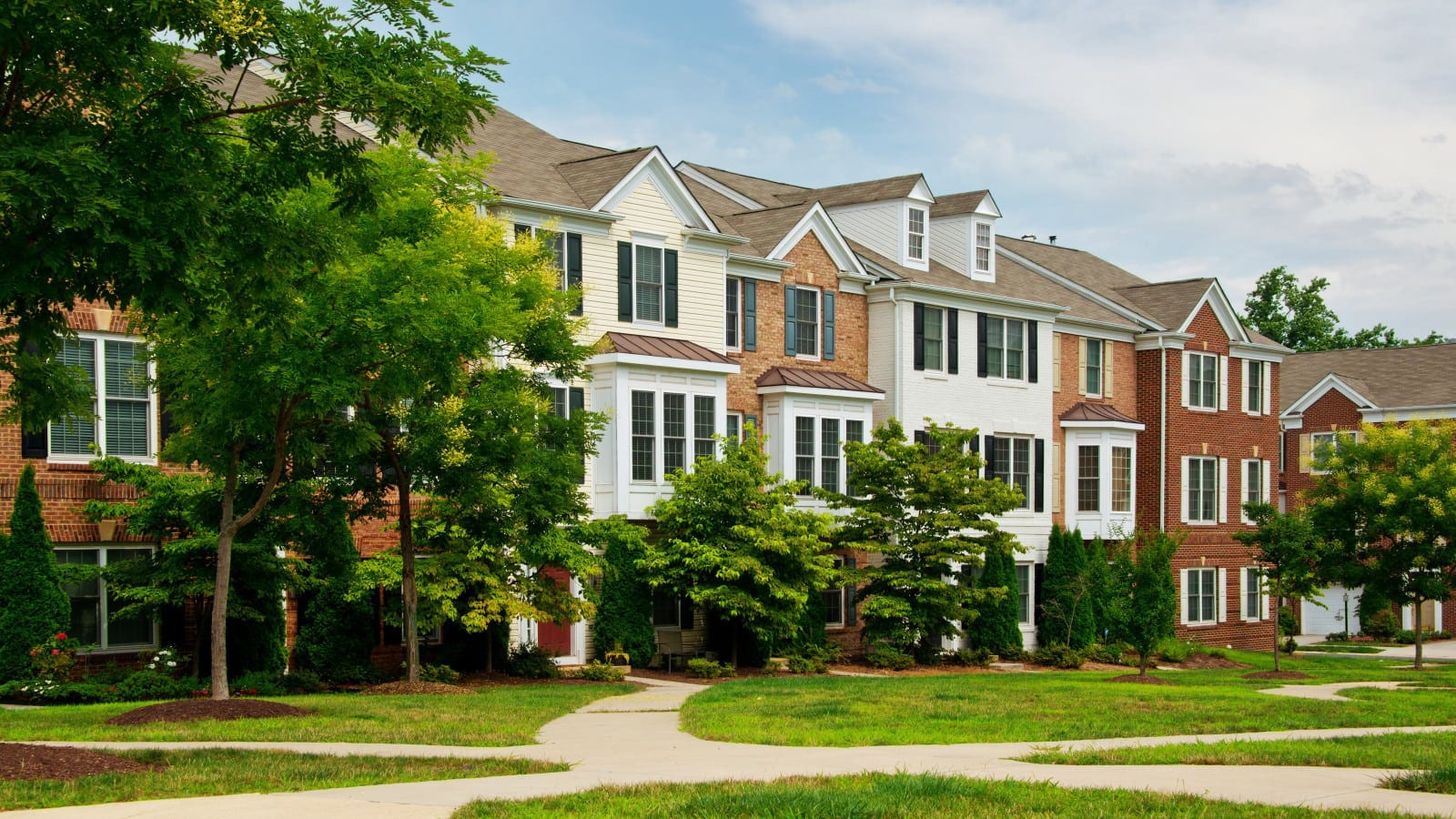Falling under any circumstances is unfortunate and can lead to serious injuries. Under particular circumstances, you may be able to at least be eligible for legal compensation for your injuries in North Carolina. Let’s take a look at the instances where you may be able to pursue a case against your landlord if you fall and injure yourself on your rental property. If any of the following situations apply to you, reach out to Lewis & Keller to consult a premises liability lawyer in North Carolina for legal assistance.
Proving Negligence
Simply because you fall on the premises of your rental property does not automatically mean you are entitled to legal action. While it is unfortunate that you may have injured yourself in the fall, it may not necessarily be anyone’s fault. In order to pursue a personal injury case when you slip and fall, you need to prove that someone is actually at fault for the accident that caused your injuries.
The legal concept of negligence is based on the premise that all citizens should uphold a certain standard of reasonable care. When this standard is not met and someone is hurt as a result, the party that failed to uphold the standard is considered negligent. When you slip and fall on your rental property, you must demonstrate that the property owner was negligent and that their negligence directly caused your accident and resulting injuries.
When You Fall Inside Your Rental Property
The specific circumstances surrounding your fall inside your rental house or apartment will determine whether you are able to pursue a case against your landlord. If you slip and fall over some clutter on your floor, you cannot hold someone else liable for your injuries. Similarly, if you are painting your walls and fall off your ladder, you cannot hold your landlord responsible for this accident either.
Alternatively, let’s say that the pipes under your kitchen sink have sprung a leak, and you slip and fall on the water dripping onto your kitchen floor. This scenario is a little more complex and can primarily go one of two ways:
- If you did not know about the leak, or if you did know about the leak but had not yet informed the property management of the leak, it’s unlikely that you’ll be able to pursue a case against your landlord since they cannot be held responsible for something they were unaware of.
- If you had already notified your property owner of the leaky pipes before you slipped and fell, you may be able to hold them liable for your injuries. In this case, they were aware of the possibly hazardous conditions that result from leaking water, and they were negligent in their duty to come repair your leaky pipes.
Despite the fact that your landlord was negligent in their duties in scenario two above, cases like this are still difficult to win in court since juries can be unsympathetic when it comes to slip and fall cases, holding to the idea that you should have been more careful since you were aware of the slippery water.
Falling Outside Your Rental Property or in a Common Area
Falls that occur outside your living area and are still on the land owner’s property can be more subject to legal action than those that occur in your own living space. For example, let’s say that you trip and fall in the exterior stairwell of your apartment complex. If you fell because of a foreign substance like a banana peel, it’s unlikely that you’ll be able to hold your landlord liable since they were probably unaware of the wayward peel. If you fell because of a loose brick or a broken stair, however, it’s much more likely that you’ll be able to make a case against the property owner.
Consult a Premises Liability Lawyer in North Carolina
If you were injured on your landlord’s property and believe they are responsible, contact a premises liability lawyer in North Carolina. Lewis & Keller has been offering legal assistance throughout the state for over two decades, and we’ll be proud to represent you. Request a free evaluation to see if you have a case.



